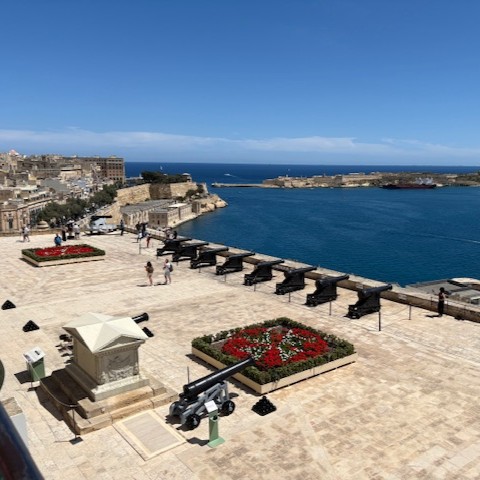Offshore
Prominent Advisory Firm Cheers Malta's Visa Pivot

The Mediterranean island – an EU member state for 21 years – has tangled with European legal and policymaker figures over its "golden visa" regime. The government in Valletta has moved to a "merit-based" visa system, reports said.
Henley &
Partners, a prominent firm in the field of
citizenship/residency-by-investment – aka “golden visas” – has
praised Malta’s replacement for a programme condemned in
late April by the European Union.
Malta, which has been an EU member state since 2004, is
developing a citizenship-by-merit system after the Court of
Justice in the EU said Malta’s citizenship-by-investment scheme
was unlawful. The court condemned such schemes for
“commercialisation” of citizenship.
Malta’s proposed amendment to the Citizenship Act – Chapter 188
of the Laws of Malta – has been made to the EU court’s
ruling, according to a report on 16 July by the Times of
Malta newspaper. The new system will be a merit-based one,
the report said. “We will honour the judgement of the EU and
conform with its ruling" the Times of Malta quoted Byron
Camilleri, home affairs minister, as saying. "However, the court
also confirmed that the granting of citizenship is a national
competency. We will be expanding and strengthening the way in
which citizenship is granted by merit,” he said.
A welcome step
“Henley
& Partners supports Malta’s forward-looking Citizenship by
Merit initiative as a timely and strategic policy instrument
designed to attract exceptional individuals – visionary
entrepreneurs, pioneering scientists, outstanding athletes, and
other high-impact contributors – to help build the nation's
future,” CEO Dr Juerg Steffen, said in a statement to
WealthBriefing yesterday.
“For smaller nations like Malta, the ability to attract and
retain the world’s brightest minds and most driven individuals is
not merely a demographic solution – it is a cornerstone of
long-term competitiveness, resilience, and prosperity,” Dr
Steffen said.
Dr Steffen’s firm is one of the most prominent firms that advises
HNW individuals and families about these programmes. It regularly
comments about trends in global citizenship and residency – such
as how
UK tax policy is driving thousands of HNW people from
the country. It also ranks passports, for example, by their
ability to give holders visa-free travel access, among other
merits.
Malta’s current system, introduced in 2017, gives foreigners the
chance to obtain Maltese citizenship by making financial
contributions ranging from €600,000 ($695,639) to €750,000,
alongside property investments and donations. Camilleri
reportedly said the transactional element of the process was
being completely removed from the scheme, as was the role played
by agents.
Big business
Dozens of countries, including several in the EU such as Spain
and Portugal, have offered variations on golden visas. (Portugal
has narrowed the scope of its programme, and Spain has ended
it.)
Outside the EU, countries such as New Zealand have resumed their
programmes; the UK ended its system after Russia’s invasion of
Ukraine in 2022. In the US, President Donald Trump has supported
a “gold card” visa for wealthy foreigners.
This end of the visa market has spawned advocacy groups and
membership organisations such as the Investment Migration
Council. The IMC often comments on these topics (see an example
here). This news service has emailed the IMC, based in
Geneva, about Malta’s step, and may update this article in due
course. It has also contacted other advisor groups for
comment.
The ToM report said Malta’s Citizenship Act will be
amended to also allow "philanthropists and technologists" to be
eligible for the citizenship-by-merit scheme, and to explicitly
cite "job creation" as one of the ways in which applicants can be
deemed to have provided an exceptional contribution to the
country.
Citizenship is granted on a case-by-case basis at the discretion of the relevant minister, following a recommendation by an evaluation board, the report said. Camilleri said there will no longer be a set amount of money which applicants will have to pay to acquire citizenship. They must instead prove that they can provide a valuable service to the country in line with its goals, or are already doing so.
Such programmes have waxed and waned – to some degree they are a barometer of globalisation and the degree to which internationally wealthy people and families want to move around. Geopolitical upheavals and higher taxes in certain countries such as the UK, France, Norway and elsewhere have added urgency to the market for these visas. Countries such as Italy have introduced new residency programmes.
One aspect of the debate is that critics claim golden visas leave countries – and those they interact with – vulnerable to money laundering. Another issue is that smaller countries, otherwise reliant on tourism and a few other sectors, use citizenship/residency-by-investment as a way to fill public coffers.